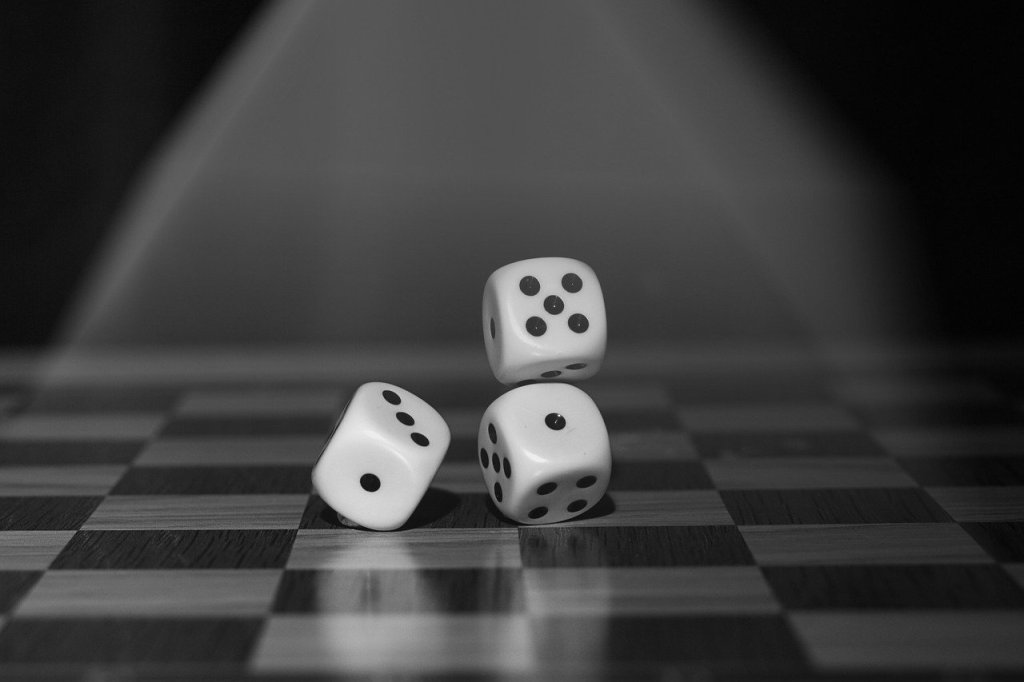For our first Siren Salon, we decided to take on a topic that was suggested more than once by respondents to our survey: rediscovering joy in creating and the creativity we had when we started writing. Since this is a topic near and dear to my heart, I volunteered to lead discussion, and start with a few strategies I’ve used over the years. These strategies won’t resonate for everyone, but maybe they will for some of you—or inspire you to come up with your own.
So without further ado:
1. Don’t show your work to anyone for critique, or choose someone you trust and ask for ONLY POSITIVE responses. Yes, of course we want to know what we could do to make our work better, and most of us have come up in a setting where that is how you learn to write well—through critique. However, how many astonishing works of art fell outside the conventions of art of the day? I learned how to write in a time when anything that combined words and visual art was considered “not real literary writing,” and any genre fiction was “low culture” by default. I definitely don’t believe in either statement now, and neither do most people. My point is that sometimes you need to trust yourself and the weird newness of what you’re doing. Remember, when you’re writing something that only you can write, you are the expert.
2. Give yourself permission to fail. Why do assignments and exercises often work to help us generate new writing? Because we take the pressure off ourselves to write something “great.” The fact that it’s an exercise makes it low stakes; we have already given ourselves permission for this piece of writing to suck. Which means we can just relax and have fun with it. Maybe it will surprise us and turn out really good; maybe it won’t. But we weren’t thinking about that when we first picked up a pencil, and we don’t have to think about it now. “To play around” is a perfectly acceptable reason to sit down to create something.
Some exercises/assignments:
–Introduce a random element: fortunes from fortune cookies; photographs of strangers; brainstorm 10 words with friends and try to use all the words in a piece (avoid abstractions, and don’t forget verbs)
–Write from the POV of an object in the scene.
–Invert the chronology of your piece, starting from the most recent part and working towards the oldest.
3. Remember that “success” in art is nearly all luck (consider John Kennedy Toole, who committed suicide before his novel A Confederacy of Dunces, was finally published due to his mother’s persistence–and won the Pulitzer). You can drive yourself crazy if you try to analyze the trends and write like X or Y, those people who got the last award from Big Literary Society Number 99. Instead, write the kind of stuff you like to read. Make the art you want to see. If it doesn’t exist yet, then create it. Push yourself to write well because that’s how we best understand the mysteries of human existence—by eschewing cliché and seeking words for experiences that are difficult to describe—but don’t buy into the myth of the meritocracy.
4. Slam the door shut on any feelings of guilt about the time, energy, and money you put into your art. And while you’re at it, throw any feelings of shame in there, too. I used to feel ashamed that I wasn’t good enough to get what I really wanted: a tenure track job teaching full-time at some nice college or university. Oh, I had myself convinced that I just wasn’t very good as a poet, and that’s why I failed to reach my dream. But now, after too many years of shame and grief, I think, “Who cares?” I’m still going to write. It is not just what I do, but who I am. What am I going to do with my “one wild and precious life”? I’m going to write. And I don’t have to justify that decision to anyone. How many great books were written, paintings painted, or music composed by people who were not recognized in their lifetimes? We have those amazing artworks because the artists kept working despite everything.
I can very well do without God both in my life and in my painting, but I cannot, suffering as I am, do without something which is greater than I am, which is my life, the power to create.
Vincent Van Gogh
Categories: Art, Katie's Voice, Siren Events, Sister Sirens




